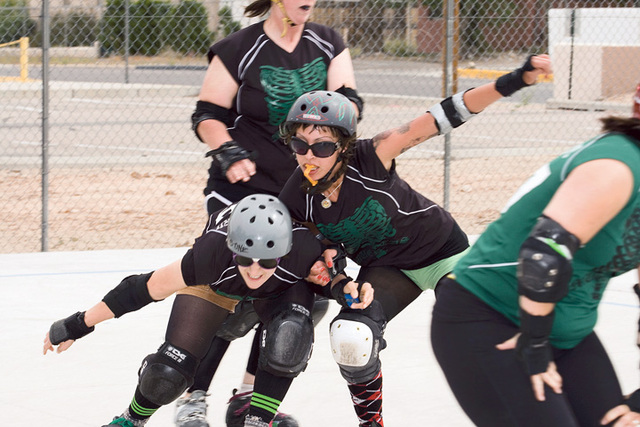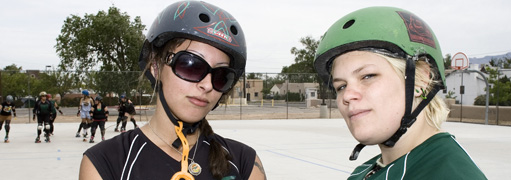Derby News: By The Skaters, For The Skaters


Eric Williams ericwphoto.com

Latest Article|September 3, 2020|Free
::Making Grown Men Cry Since 1992


Eric Williams ericwphoto.com


